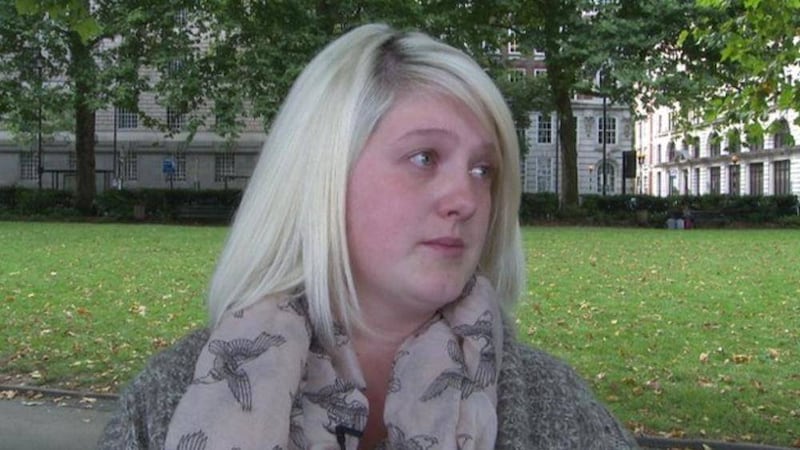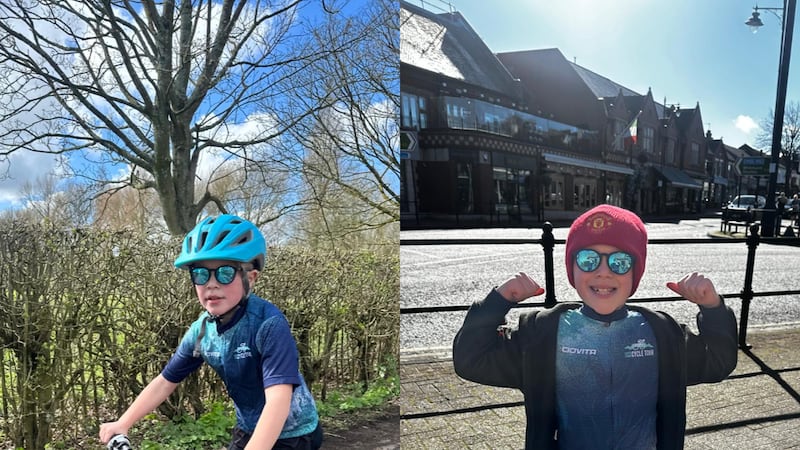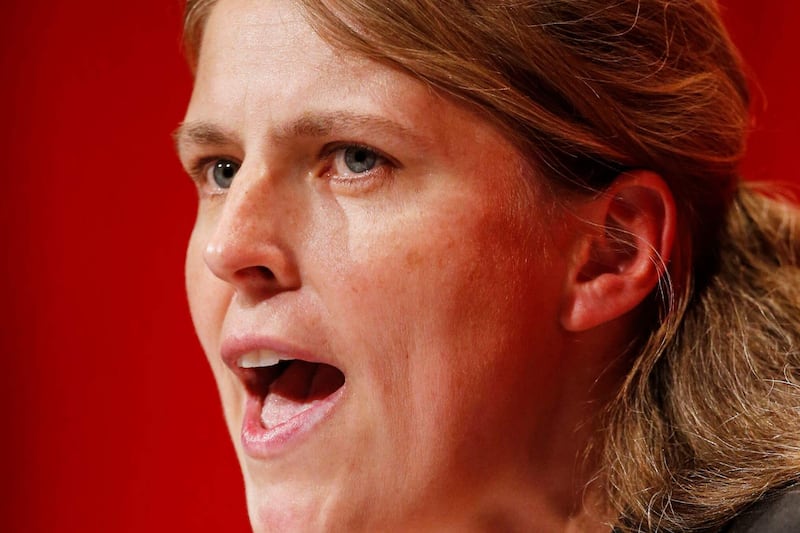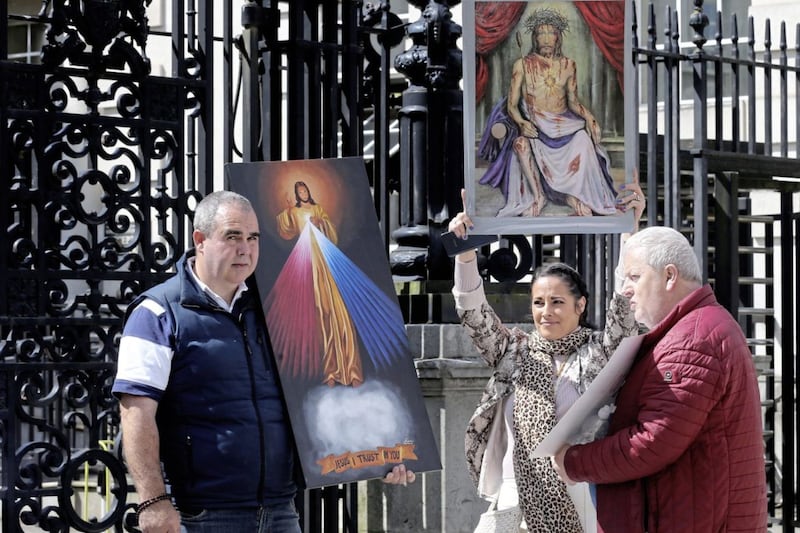A WOMAN taking legal action after being refused an abortion in 2013 said the law in Northern Ireland is "failing women".
Sarah Ewart (24) travelled hundreds of miles for a termination after learning her unborn baby had no chance of survival.
Her first pregnancy was diagnosed with anencephaly - a severe brain anomaly which meant the skull had not developed properly.
She said she was compelled to join a landmark legal action - which is being taken by the Humans Rights Commission - to be heard at the High Court in Belfast today.
The commission, which argues it is inhuman and cruel to make women travel outside Northern Ireland to access an abortion, is seeking to have the procedure legalised in cases of fatal foetal malformation and sexual crime.
Ms Ewart said: "I am an ordinary woman who suffered a very personal family tragedy, which the law in Northern Ireland turned into a living nightmare.
"My baby was given a diagnosis of anencephaly, a fatal abnormality where the brain does not develop and there is no skull. I was told that my baby was likely to die before being born or shortly afterwards.
"All I kept thinking was, 'our baby has no brain, she cannot live'. I simply could not face it but the law in Northern Ireland meant I had no option but to go to England and take myself away from the care of the doctors and midwife who knew me. I was 23 years old and totally devastated."
Terminations are only legal in the north if a woman's life is at risk of if there is a permanent or serious risk to her mental or physical health.
Ms Ewart does not want the introduction of abortion on demand but said choices should be offered to women in certain limited circumstances.
Following a public consultation the Department of Justice (DoJ) has recommended abortion be legalised in cases of lethal foetal abnormality but made no recommendations in cases of rape or incest.
The Human Rights Commission said legal proceedings had been issued against the DoJ as a last resort.
Amnesty International and Marie Stopes, which operates Ireland's only private abortion clinic in Belfast, are among a number of organisations expected to make submissions to the court.
Grainne Teggart, campaign manager for Amnesty International's My Body My Rights campaign, said current laws are outdated.
She said: "Change is long overdue and change is coming. Whether through the courts or the Assembly, Northern Ireland's abortion laws must be brought into the 21st century."
A number of pro-life groups including Precious Life are expected to contest any changes to the existing law.
Bernadette Smyth, director of Precious Life, said: "The Human Rights Commission are deliberately ignoring the democratic wishes of the people who have made clear that abortion will never be in our name."
A final decision in the case is not expected until the autumn.








